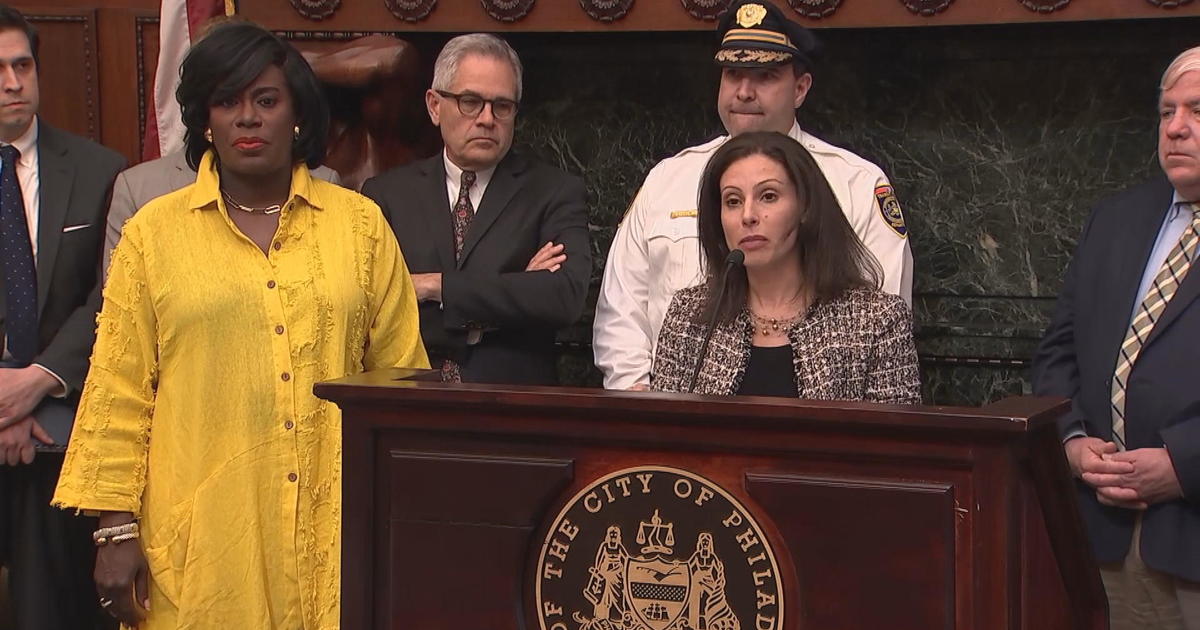CDC Says Updated Guidance On How Easily COVID-19 Spreads Was 'Posted In Error'
PHILADELPHIA (CBS) -- The Centers for Disease Control and Prevention is backtracking again about how easily COVID-19 spreads. On Friday, the agency said the virus commonly spreads through the air but today, officials claim there was a website error and that information has been removed.
This comes weeks after the CDC took heat for switching recommendations on testing.
Now, there's the issue of how it's spread, maybe not just by direct contact with infected people, but it could be lingering in the air.
There are a lot of unknowns here but what is agreed is that the main advice of wearing a mask and staying social distancing remains in place.
The latest flip-flop from the CDC is about the transmission of COVID-19.
The agency updated its guidance to say the virus could linger in the air, but that was removed.
The CDC says "a draft version of proposed changes to these recommendations was posted in error to the agency's official website. CDC is currently updating its recommendations regarding airborne transmission. Once this process has been completed, the updated language will be posted."
"I understand it's confusing to the public, it's confusing to us as doctors and scientists because this is something that's new," said Dr. Ronald Collman from Penn Medicine.
He says science is evolving on COVID-19.
The virus is known to spread through close personal contact. That's been the focus of CDC guidance.
The issue now centers on aerosolized particles that can stay suspended in the air longer and travel farther, meaning it's easier to spread.
"There's more and more evidence suggesting there have been a number of cases where transmission probably occurred by aerosol," Dr. Collman said.
Here's the revised language from the CDC that was removed: "There is growing evidence that droplets and airborne particles can remain suspended in the air and be breathed in by others, and travel distances beyond six feet (for example, during choir practice, in restaurants, or in fitness classes) ... In general, indoor environments without good ventilation increase this risk."
"Do you think the CDC is a reliable resource for people considering all that's gone on?" asked CBS3's Stephanie Stahl.
"They're doing their best, but it's a difficult environment. There are many pressures, political pressures, and it's a situation where our scientific knowledge and understanding is not as great as we would like it to be," Dr. Collman said.
Currently, the CDC's web page says the virus is thought to spread mainly from person-to-person. It is unclear if that will be updated any time soon.
But we should note many scientists and health experts have been warning for months that COVID-19 can be spread in the air, not just from close contact with infected people.



